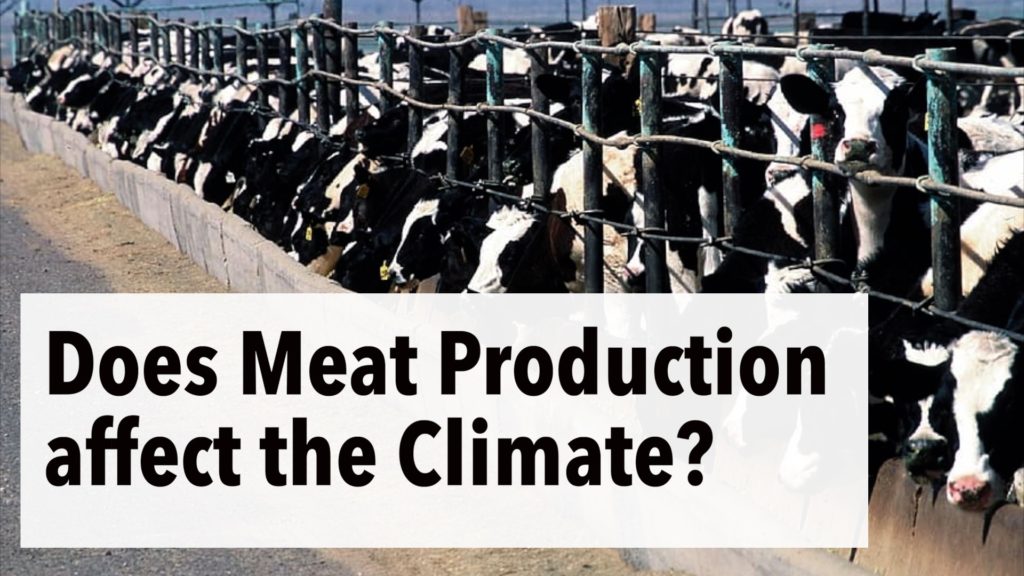
How Meat Production & Consumption affect the Climate | Interview with Climate Scientist Atul Jain
In this episode of The Source, we talk with Atul Jain, a climate scientist at the University of Illinois, about the impact of meat production and consumption on the climate. We go into detail about his recent scientific paper titled “Global greenhouse gas emissions from animal-based foods are twice those of plant-based foods’” published in Nature Food and what it means for individual consumption habits as well as production practices.
To watch more of our videos with Peter Kuznick or other experts such as Edward Snowden, Noam Chomsky, Abby Martin, Yanis Varoufakis, Julian Assange, Glenn Greenwald, Jeremy Scahill, Jill Stein, Daniel Ellsberg, etc, please visit and subscribe to our YouTube channel by clicking here.
Click here or on the picture below:
Dr. Atul Jain’s research focuses on climate interactions with the land physical (hydrology and energy), biological processes (carbon and nitrogen), and the land use/cover changes (LULCC), including agricultural intensification, and how these interactions affect surface processes that exchange energy, water and major GHGs (CO2, CH4, and N2O) between surface and the atmosphere, and contribute to climate change and variability. To conduct this research, Dr. Jain and his students and other lab members have developed and applied a global model-data integration framework, ISAM, in combination with satellite and ground-based observation data at regional and global scales.
Schreibe einen Kommentar